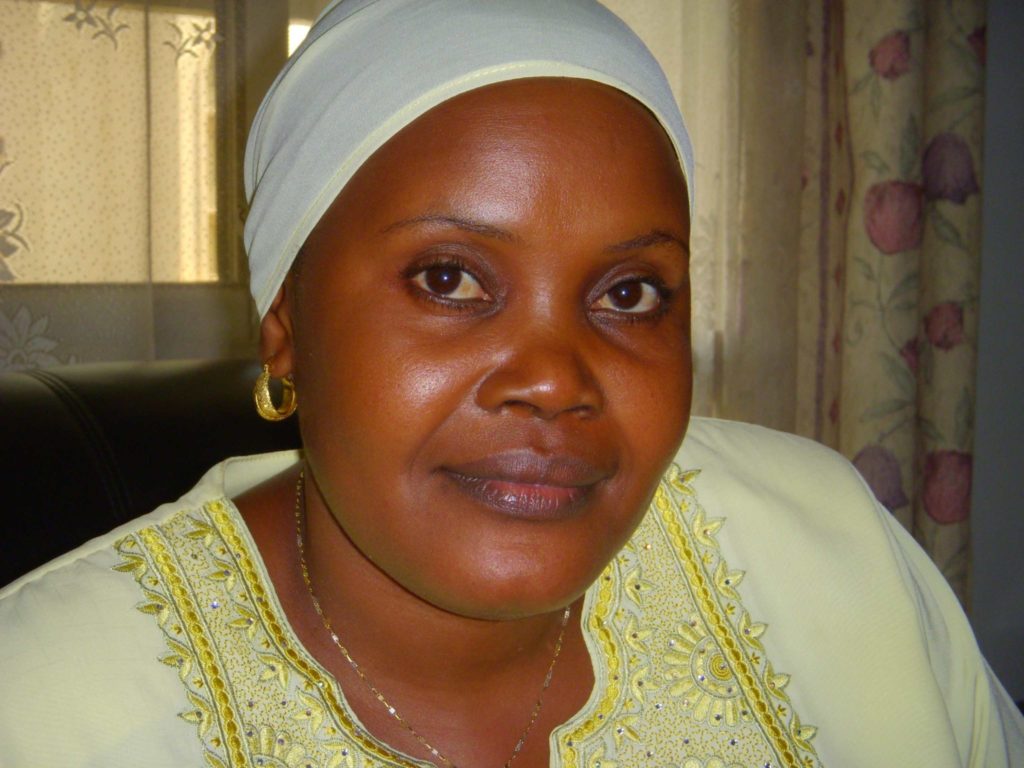Parliament has re-introduced the Marriage and Divorce Bill for debate and once passed into law, it will govern the institution of marriage, going deeper to regulate the sex activity in the bedrooms of Uganda’s households.
The Bill recognizes the civil, Christian, Hindu, Bahai and customary marriages, but is silent on marriage under the Islam faith.
Dokolo District Woman Member Parliament Cecilia Ogwal says the Bill addresses most of the concerns that were raised to oppose the earlier attempts.
“We have held workshops with different stakeholders, seeking for inputs. “We want this bill to be passed to save women,” she says.
What the Bill says on…
Marriages outside Uganda
The Bill recognizes marriages conducted outside of Uganda except where the marriage is between people of the same sex.
Marriage gifts
The Bill outlaws demands for return of marriage gifts given as bride price/bride wealth, in case of a breakdown of the marriage. It says marriage gifts are not an essential requirement for parties to marry, but under subsection 14 (3) punishes those who demand back the gifts with a fine of Shs480,000 or imprisonment not exceeding one year or both.
Same sex marriages
Despite calls from human rights activists and western donors, the Bill criminalizes same sex marriages and should Parliament enact the law, Uganda is likely to see lesbians and homosexuals migrate to favorable countries where they can officially marry.
Inheriting widows
The Bill forbids men from inheriting widows. “A man shall not marry a widow through the custom or practice of widow inheritance,” Section 13 (2) reads. Those who already inherited widows will have to drop them or else they pay a fine not exceeding Shs480, 000 or one year imprisonment or both.
But government under the same Section 13 (3) opens a window for men to marry widows under recognized types of marriage, probably with the knowledge that young widows despite the loss of their husbands still need to exercise their conjugal rights, more so, for procreation purposes.
Cohabitation
The Bill provides for the rights of cohabitees in sharing property after the termination of cohabitation, much as it is not considered a form of marriage recognized in Uganda. But some MPs and members of the public say cohabitation is an immoral practice which is contrary to customary law and a challenge to the marriage institution. Others think cohabitation should be recognized as a form of marriage.
Conjugal rights
Section 114(1) of the Bill grants spouses in marriage conjugal rights but under (2) it outlines circumstances under which a spouse may deny a partner sexual intercourse. These include poor health, surgery, child birth and the controversial one, when a spouse has reasonable fear that engaging in sexual intercourse is likely to cause physical or psychological injury or harm.
Forced sex
Subsection (3) forbids a spouse to have sex with partners without their consent. Should this happen the offender faces both criminal and civil charges, which on conviction the defendant is fined one hundred and twenty currency notes or gets a jail term of not more than five years or both (criminal liability).
Under Subsection 3(b), if the case turns out to be of civil nature, the offender faces restrictions orders, separation from the spouse and suspension of conjugal rights and but also he/she can be asked to compensate a spouse for the wrong done on her/him.
Subsection (3) is of particular concern to the men. They argue that in marriage the issue of forced sex doesn’t exist and they seem to have the support of religious leaders, who preside over religious marriages.
Evidence of breakdown of marriage
The Bill allows court to administer the irretrievable breakdown of marriage if the respondent is caught in adultery, defilement and sexual perversion which includes bestiality, sodomy, homosexuality and pornography. A change of religion by the respondent is also good ground for court to dissolve the marriage, if the petitioner thinks she/he can’t tolerate it.

Jactitation of marriage
The Bill punishes any person who falsely claims that he/she is married to a particular person. The lie, on conviction, comes with a fine of Shs480, 000 or a jail sentence not exceeding one year or both. The Bill also allows court to make an order for an injunction against the respondent restraining him/her from making further claims but can also, under Section 165(4), award any other remedy in consideration of the consequences of the offence.
Marriage with person previously married
Section 168 of the Bill slaps a fine of Shs2.4 million on a person who knowingly marries a married person. He/she, on top of paying the fine, can receive a jail sentence not exceeding five years, if court deems so.
Making false declarations for marriage
The Bill doesn’t spare those who falsify documents and statements to benefit from the advantages/services of married people. On conviction the culprit pays Shs2.4 million as fine or imprisonment not exceeding five years or can serve both penalties.
False pretence of impediment to marriage
The Bill also warns people not to make false claims so as to prevent a marriage, stating that on conviction, the offender pays Shs2.4 million or a jail sentence not exceeding five years, or court can make the culprit to serve both penalties.
Personation in marriage
The Bill under Section 173 forbids people to marry under false names. Should this offence occur, the culprit on conviction pays a fine of Shs2.4 million shillings or serves a prison sentence not exceeding five year or both.
Fictitious marriage
To protect individuals, the Bill outlaws fictitious marriages in Uganda. “Any person who undergoes a ceremony of marriage…knowing that the marriage is void on any ground…commits an offence and is liable on conviction to a fine not exceeding one hundred and twenty currency points or imprisonment not exceeding five years or both.”
The Bill introduces new regulations on how marital assets would be distributed after a couple divorces.
Government says the Bill if passed into law will help uphold societal and religious values that form the basis of the institution of marriage.







